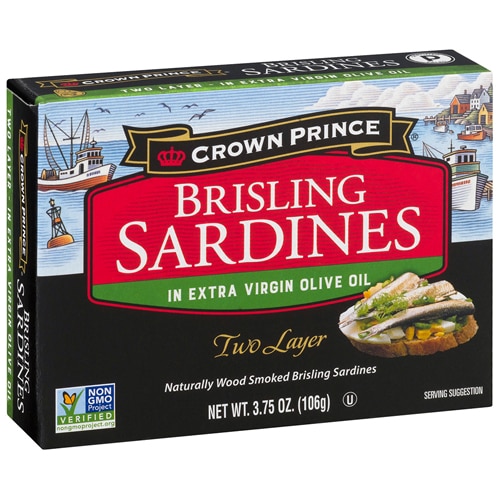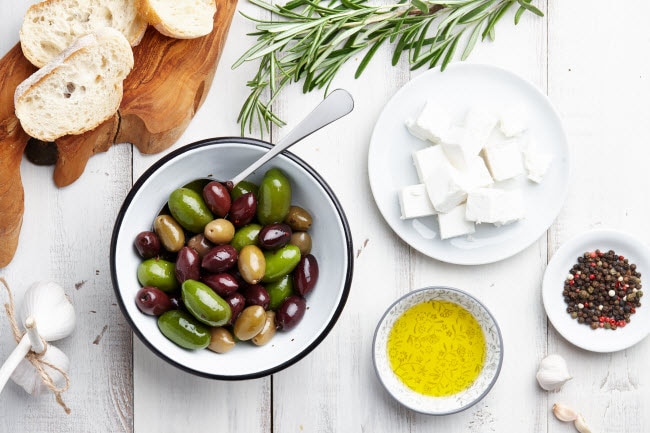How many times have you heard the buzz about the latest, greatest diet? Over the years, meal plans like the keto, paleo, Atkins and South Beach diets have caught the collective attention of Americans seeking to lose weight or to step up their already healthy lifestyles.
A new buzzworthy diet offers a twist on a tried-and-true diet.
Researchers from the University of South Australia recently published a study touting what they’ve dubbed the MedDairy diet — a dairy-enhanced version of the Mediterranean diet. The study, appearing last year in the American Journal of Clinical Nutrition, showed a dairy-supplemented Mediterranean diet “significantly improved” blood pressure, heart rate, cholesterol, mood and cognitive function among the study’s 41 participants.
What is the Mediterranean diet?
The plant-heavy Mediterranean diet, which began its rise to nutrition stardom in the 1960s, promotes healthy living (especially heart health) and helps prevent chronic diseases, the Mayo Clinic explains.
“The Mediterranean diet is a way of eating based on the traditional cuisine of countries bordering the Mediterranean Sea. While there is no single definition of the Mediterranean diet, it is typically high in vegetables, fruits, whole grains, beans, nuts and seeds, and olive oil,” the Mayo Clinic says.
While the diet is chock-full of all that good stuff, it calls for limited consumption of red meat and moderate portions of dairy products (mostly skim milk, low-fat cheese and nonfat yogurt), according to the Mayo Clinic.
The University of South Australia study pitted the health benefits of a generic low-fat diet against those of a Mediterranean diet supplemented with three to four daily servings of dairy. A typical Mediterranean diet features one to two daily servings of dairy, the Australian researchers say. The researchers found the dairy-enhanced diet boosted heart health compared with a generic low-fat diet.
The study indicates the daily amount of calcium supplied by the Mediterranean diet averages 700 to 820 milligrams per day. In general, it’s recommended that adults get 1,000 milligrams of calcium per day; the number rises to 1,200 milligrams for women over 50 and for men over 70.
What is the 'MedDairy' diet?
Based on the study’s findings, the Australian researchers say a MedDairy diet can incorporate three to four daily servings of dairy, thus ramping up calcium intake. Dairy foods included in the MedDairy diet were low-fat milk, low-fat Greek yogurt, tzatziki yogurt dip and cheese.
The University of California, Berkeley points out that the health improvements exhibited in the study were small, and the study didn’t compare the dairy-enhanced Mediterranean diet with a traditional Mediterranean diet, but the research “at least showed that adding more dairy did not worsen heart disease risk factors and may have benefits.”
Registered dietitian Sofia Norton says a dairy-enhanced Mediterranean diet should be welcome news for people who want to adopt a Mediterranean diet but are reluctant to cut back on dairy foods.
Norton says the MedDairy diet helps increase micronutrient intake to overcome possible nutritional deficiencies — especially a potential shortage of calcium — of a traditional Mediterranean diet. Dairy is a good source of calcium, magnesium, sodium, potassium and vitamin D (which is critical for calcium absorption).
However, certified health expert Nate Masterson, head of natural product development at Maple Holistics, which sells natural hair care and skin care products, notes that while the MedDairy diet allows for more calcium-rich nutrition than the traditional Mediterranean diet does, dairy isn’t the sole source of calcium. You can bump up your calcium intake while remaining on the Mediterranean diet by eating more foods like greens, spinach, sesame seeds, tofu, almonds, scallops and sardines, says registered and licensed dietitian Randy Evans, a consultant for the Fresh n’ Lean ready-to-eat meal delivery service.
Nutrition experts also point out that the MedDairy diet might not be suitable for people who are lactose intolerant. Furthermore, they caution that if you do supplement a Mediterranean diet with more dairy products, you should stick to the low-fat variety. Higher-fat dairy products add unwanted saturated fat and calories, says certified sports nutritionist Melissa Morris, a writer for Exercise.com.




